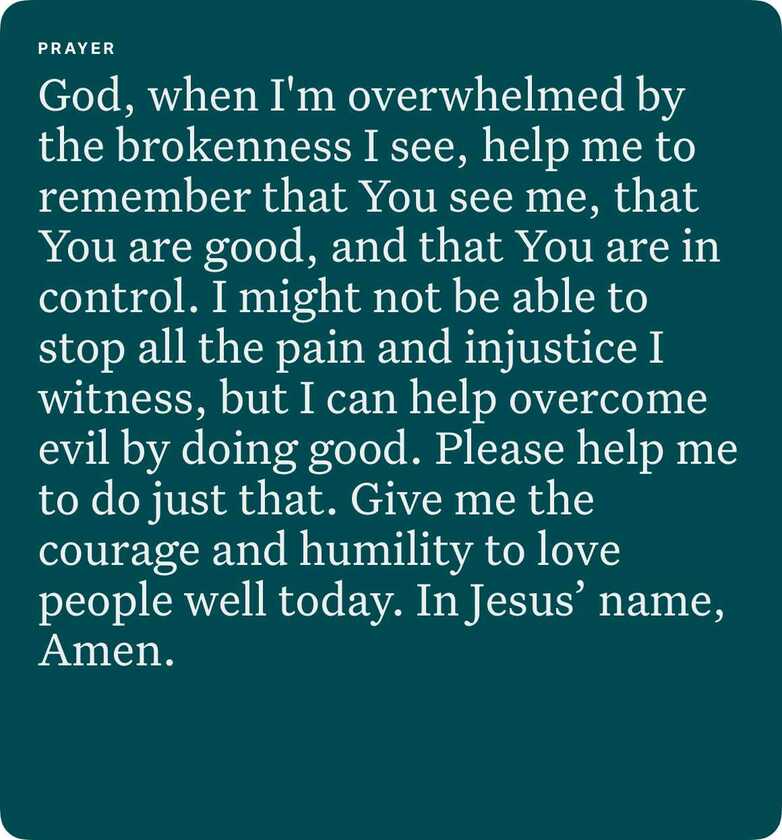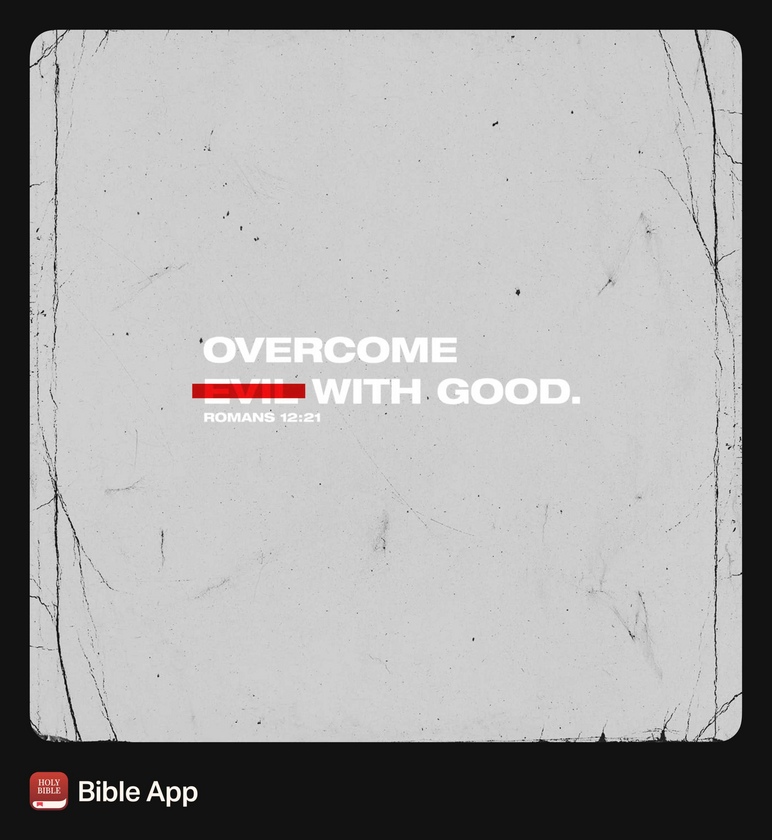I will share about Christian books I have read or listened to.
I will be sharing about my life before and after Christ. I will include stories about my pet and other pets I have encountered.
A Sacrifice of Praise
Have you ever thought about how your life brings pleasure to God? All throughout Scripture, we learn about how we can use our lives to please God. In fact, we were created for God’s pleasure.
Since we have been given new life in Christ, and we’ve experienced God’s grace, we should desire to please God. Since He has given us everything in life, we ought to give Him everything we are.
The writer of Hebrews tells us two distinct ways we can please God. The first is in Hebrews 13:15. The writer says that our first sacrifice to God is praising Him. This is what the Bible calls "worship."
Worship is the orientation of our entire life to live in awe of who God is and what He has done for us. We can worship God not only by the songs we sing, but also the way we live our lives.
Hebrews 13:16 tells us another way that we can please God: by loving others. When we love others, we are reflecting the love that God has for them. That is why it matters how we treat people.
Our actions are a reflection of how God has loved us. And since we’ve been loved by God, we ought to do good to those around us.
These are two ways that we can bring pleasure to God—by worshiping Him and loving others. This is similar to what Jesus says the greatest commandment is in Matthew 22:36-40. He sums it up by telling us to love God and love others. We love God by worshiping Him and praising Him. We love others by doing good to them and sharing with them.
How are you doing at loving God and loving others? Do you spend time each day in Scripture and prayer, praising God for who He is? If we don’t love God first and foremost, we won’t be able to truly love other people in our lives.
Let Goodness Prevail
In the beginning, life was good—both physically and spiritually. In fact, God created everything that existed and called it very good.
But that goodness was fractured when an enemy enticed God’s image-bearing people to question His goodness and doubt His trustworthiness. So, when Adam and Eve chose to disregard God’s instructions by eating from the only forbidden tree, their eyes were opened to two opposing forces: good and evil.
The battle between good and evil isn’t just an overarching theme in the Bible, but a theme that permeates every continent, every culture, and every nation. It’s a theme that’s laced throughout books and movies, and one that plays out in real life. And the reason it’s so pervasive is because there's a real battle taking place.
All these years, we’re still sharing this good-yet-fallen world. But, make no mistake, the Kingdom of Darkness is still warring against the Kingdom of Light.
The apostle Paul gave some advice on this topic to the ...














